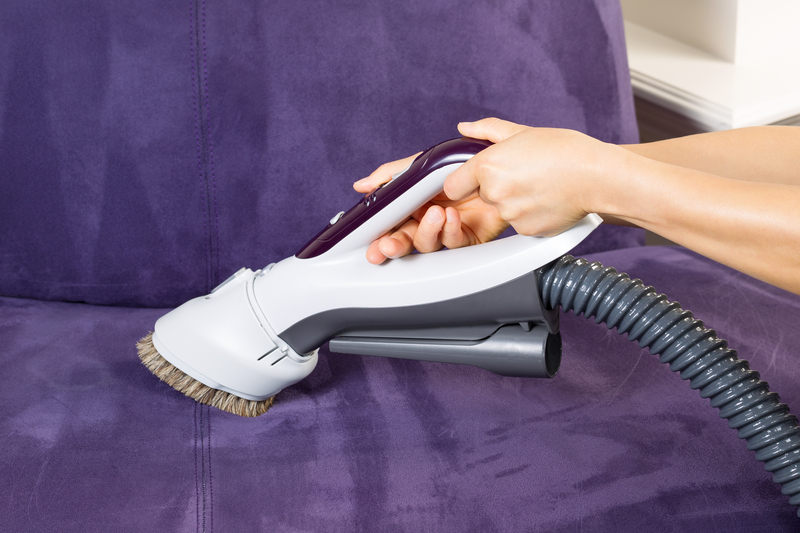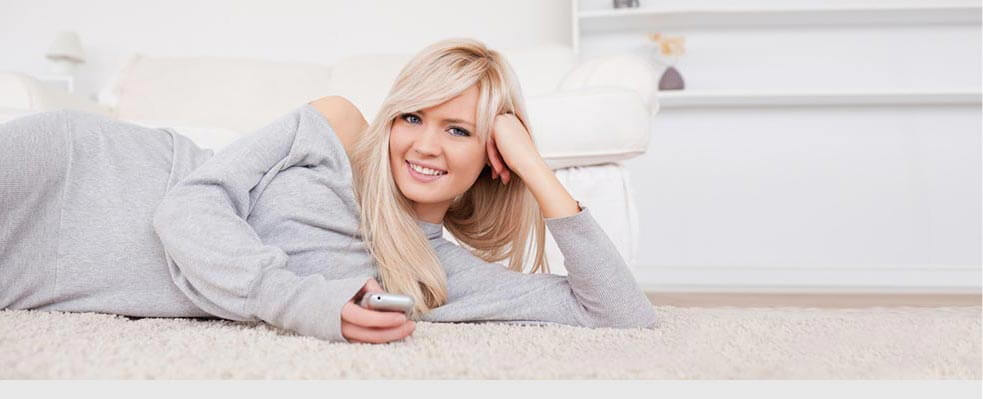When to Swap Out Bed Sheets
Posted on 16/12/2024
Your bed is a sanctuary, a place where you retreat to relax and rejuvenate. Yet, many people often overlook the importance of maintaining clean bed sheets. Swapping out bed sheets regularly is not just about aesthetics or comfort; it affects your health, hygiene, and overall well-being. In this article, we will explore the signs that indicate it's time to change your bed sheets, the benefits of doing so, and some best practices for maintaining a clean sleeping environment.
Why Regularly Changing Bed Sheets is Important
Many factors contribute to the necessity of regular bed sheet swaps. Here's a breakdown:
- Hygiene: Over time, dead skin cells, sweat, and other bodily fluids accumulate on your sheets, creating a breeding ground for bacteria and allergens.
- Allergies: Dust mites thrive in dirty sheets and can exacerbate allergy symptoms, including sneezing, itching, and respiratory issues.
- Skin Health: Dirty bed sheets can clog pores and cause or worsen acne and other skin conditions.
- Sleep Quality: Clean sheets not only feel better but can also sleep better, improving your overall rest quality.

Signs It's Time to Swap Out Bed Sheets
Knowing when to change your bed sheets requires a bit of awareness and attention to specific signs. Here are some indicators:
Unpleasant Odors
If you notice an unpleasant smell emanating from your bed, it's a clear sign that your sheets need a wash. Over time, body oils, sweat, and other residues accumulate and can produce foul odors.
Visible Stains and Dirt
Stains from food, drinks, or even body fluids should prompt an immediate change. Visible dirt and grime are clear signs that your sheets are far from clean.
Allergy Flare-Ups
If you start experiencing allergy symptoms like sneezing, itching, or a runny nose, your bed sheets may be to blame. Dust mites and other allergens can easily accumulate in unwashed sheets.
Skin Irritation or Breakouts
If you notice new or worsening skin issues, your sheets could be the culprit. Dirty sheets can harbor bacteria that irritate the skin and cause breakouts.
How Often Should You Change Your Bed Sheets?
The frequency of changing bed sheets can vary depending on individual circumstances, but general guidelines recommend doing so every one to two weeks. However, certain situations might necessitate more frequent changes:
Hot Weather or Sweating
If you sweat a lot during the night or live in a hot, humid climate, you might need to change your sheets more frequently, perhaps even once a week. Sweat and moisture can accelerate bacterial growth, making your sheets dirty faster.
Illness
During illness, it's a good practice to change your sheets more frequently to avoid spreading germs and bacteria. Once you recover, a final change can help ensure you're sleeping in a clean, sanitary environment.
Pets
If you allow pets to sleep on your bed, you might need to change your sheets more often. Pet hair, dander, and dirt can quickly accumulate on your bedding, making it necessary to wash them more frequently.
Frequent Eating in Bed
If you often eat in bed, the chances of spills and crumbs increase, necessitating more frequent sheet changes.
Best Practices for Maintaining Clean Bed Sheets
Regularly swapping out bed sheets is essential, but it's also important to maintain them properly. Here are some best practices:
Washing
Use a gentle cycle and mild detergent to wash your sheets. Hot water can help kill germs and allergens but might not be suitable for all fabrics. Always read the care label for specific instructions.
Drying
Air drying is often the best option for sheets as it reduces wear and tear. If you use a dryer, choose a low-heat setting to minimize damage.
Storage
Store clean sheets in a dry, cool place to prevent mold and mildew. Using a linen closet with good ventilation is ideal.
Rotation
Rotate between at least two sets of bed sheets. This not only spreads out wear and tear but also ensures you always have a clean set available.
Material Matters: Choosing the Right Bed Sheets
The type of material your bed sheets are made from can affect how often they need to be changed. Here are some common materials and how they impact cleanliness:
Cotton
Cotton sheets are highly breathable and moisture-wicking, making them a great option for those who sweat at night. They're also durable and can withstand frequent washing.
Linen
Linen sheets are extremely breathable and naturally antimicrobial. They can be a bit rougher initially but soften over time. Linen is particularly good for hot climates but may require more delicate care.
Synthetic Fabrics
Sheets made from synthetic materials like polyester tend to trap more heat and moisture, which can require more frequent washing to maintain cleanliness.
Silk
Silk sheets are luxurious and naturally hypoallergenic, but they require special care. They may not need to be washed as frequently as other materials but do need delicate handling.

The Role of Pillowcases and Other Bedding
While changing your bed sheets is crucial, don't forget about other bedding components like pillowcases, duvet covers, and mattress protectors. These items also accumulate dirt, sweat, and allergens.
Pillowcases
Pillowcases should be changed even more frequently than sheets--as often as once a week. Your face comes into direct contact with the pillowcase, making it susceptible to accumulating oils and bacteria.
Duvet Covers
Duvet covers should be washed once a month, though this can vary depending on specific needs, such as having pets or frequent illness.
Mattress Protectors
Mattress protectors are often overlooked but are just as important. Washing them every couple of months can help keep your overall sleeping environment clean and free from allergens.
Conclusion
Regularly swapping out bed sheets is a simple yet impactful practice that can significantly improve your health, hygiene, and sleep quality. Pay attention to the signs indicating it's time for a change, and adhere to best practices to maintain a clean, comfortable, and healthy sleeping environment. By doing so, you'll ensure that your bed remains a true sanctuary where you can rest and recharge.
Latest Posts
AGA Cookers vs. Rayburn Cookers
Choosing the Best Carpet for Your Home
Eliminating Grease Stains on Clothes





